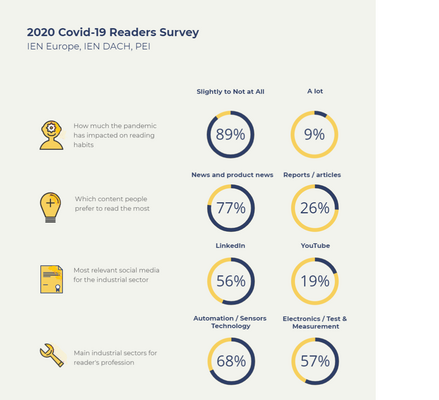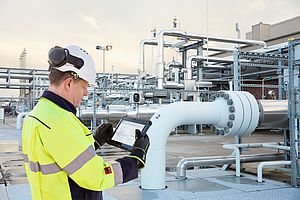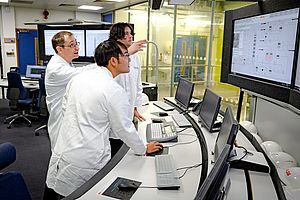The media landscape has been changing at a fast pace. On the one hand, digitalization is turning out to be an opportunity, but it also poses enormous challenges to print media. Modernizing the offer, the way of presenting the content; focusing on digital content and increasing the online appeal of a media are no longer choices and cannot be postponed. On the other hand, the Corona pandemic has provoked a deep financial crisis in lots of different sectors – media included. All this triggers and forces modernization through business transformation.
The industrial sector has been hardest hit by the pandemic. The Oil & Gas, Aeronautics, and Automotive sectors have seen severe drops in revenues for months. According to the European Commission, Aeronautics is one of the EU’s key high-tech sectors on the global market, which generates more than 500 thousand jobs and a turnover close to 140 billion euros (data from 2013).
The lockdowns still effective in some regions of Europe, the fear of a second wave after the summer break, and the cancellation of most industrial events have brought to its knees the trade industry. Companies have reacted inventing and deploying new ways of networking and doing business.
We, as media players acting in the trade industry, have also been affected by the crisis. Far from being discouraged, we have launched a new webinar platform and a top-bar dedicated to Covid-19 and key vertical industries on our international website. But this is not all. Like many of you, we have also had the time to reflect and make crucial considerations about our most precious resource: our readers.
That’s why we launched in May and June a readers survey across our main publication markets (Europe, the German-speaking market, and France) to understand new trends and investigate how the pandemic has transformed reading habits. We want to present and discuss here with you the outcome of this survey.
Trends and figures
Our survey highlighted some remarkable trends that we feel are particularly relevant to the media industry. Of the 61 people who replied to our survey – launched via IEN Europe, IEN DACH, and PEI, all declared that the crisis had slightly to no impact on their reading habits. Apparently, the great majority of respondents are not reading more often than the past, even if the pandemic has drastically reduced traditional networking and sharing opportunities.
The survey pointed out that readers in the industrial sectors are more interested in reading news and product news over application stories and insightful articles. Just a little part of the content they read is not related to Covid-19.
Curiously, most participants declared that they do not feel the need to read specific content related to Covid-19 on our news websites in this exceptional moment. Also, respondents are cautious about taking information from social media. More than 1/3 say that it depends on which social media you rely on, and more than half consider LinkedIn as the most important social media platform for the industrial sector, followed by YouTube.
We also asked our readers which sector or industry they consider more relevant to their job. Almost half of the participants replied that Automation and Sensor Technology are the most critical sectors for them, followed by Electronics & Electricity and Test & Measurement.
Results analysis
Our readers' inclination towards news and product news reveals that they are eager to be up to date with the rapid changes and constant product development happening now. Change has always been fast in the tech industry, as we have seen in the last few years with the Fourth Industrial Revolution and the domination of emerging technologies like AI. Even if our respondents declared that Corona had not altered their reading routine so much, the pandemic's impact on the industrial world has been considerable.
The ongoing (radical) shift in the way of doing business and networking, also proved by the predominance of remote working and operations, has significantly accelerated the digital transformation. Our analysis is that professionals are aware of the profound revolution underway. Still, we think that this survey results highlight the desire to concentrate on finding solutions through technological development rather than focusing on the crisis itself. We believe that it is up to the media and industrial players to stress the critical issues to kick-start the ''problem-solving'' machine.
Sara Ibrahim























































